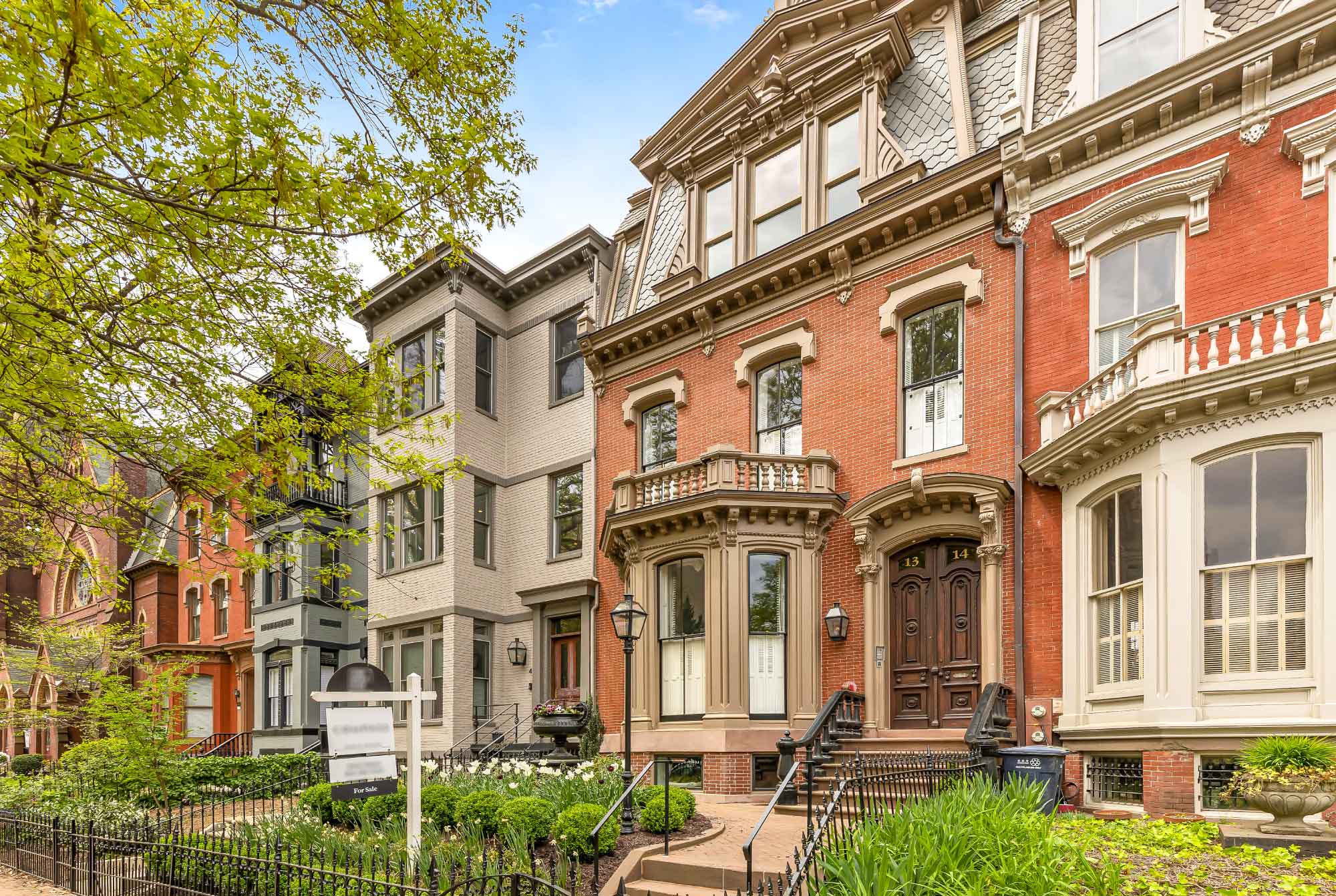Managing Your Investment Property Like A Pro

So — you’ve already taken the plunge and bought an investment property to call your own. Now what? While some like to refer to a rental property as “passive income”, the truth is, there are many critical steps you must take to ensure your new business is a successful financial endeavor that actually pays off.
Whether you’re managing a rental property yourself or hiring a property manager to handle things on your behalf, choosing a strategy that keeps your rental business running smoothly is key. And if you’re not sure where to start, not to fear: We’ve got you covered. Keep reading for some tried-and-true tips on managing your new rental property to deliver the best possible experience for all while maximizing your bottom line!
Managing Tenants
Interpersonal Skills
Managing tenants requires some people skills, especially when it comes to handling tenant complaints. That’s why it’s so important to learn what the common complaints are and how to be proactive in addressing them in order to boost your tenant retention rates. Following up with a tenant after you take care of the problem, be it a maintenance issue or pest invasion, shows that you care about their comfort and well-being. Even if the complaint comes out of left field, being respectful and responding in a timely fashion makes it more likely that you’ll be able to successfully handle the complaint. Performing regular property inspections is the best way to stay updated on the condition of the property and prevent tenant complaints from the start.
Payment of Rent
Landlords’ number one concern with new tenants is non-payment of rent. A tenant who doesn’t pay rent on time can be a major hassle. The good news? Landlords can take steps to prevent payment problems by using rent reminders and extra fees to avoid late payments before they start. Accepting online rent payments is another way to give tenants a convenient way to pay on-time without hassle.
Vacancy Rates
While tenant turnover is a natural aspect of renting, and can even give you the opportunity to charge more rent to the incoming tenant, it can also quickly eat into your profits if it happens too frequently or those vacancy periods are extended. Your bottom line may improve if you look for ways to keep your current tenants happy. Many of these items are simple, such as responding to maintenance repairs quickly and adding features that will attract long-term renters. Strategic upgrades such as stainless steel appliances can make a house feel more like a home, and likely will entice tenants to stay longer.
➤ For more on investment properties in DC check out:
Property Maintenance
Safety
As a landlord, you have a legal responsibility to keep your property in a safe and habitable condition. Not to mention the fact that you may have a hard time finding and keeping good tenants if maintenance is a recurring issue. And last but not least, it’s much more cost effective to regularly maintain the property than to deal with issues only on an emergency basis. One of the risks of being a landlord is dealing with larger maintenance issues that can cost tens of thousands of dollars and may not be covered by insurance.
Renovations
Remodeling your property (especially key areas such as the kitchen or bathroom) can help keep your rental profitable, but you can also save money by repairing before replacing in some cases. For instance, there is a cost savings in having your carpets cleaned before investing in new carpet, so be sure to do your homework first!
Inspections
Regularly performing “safe and clean” inspections every three to six months during a tenant’s residency can help you keep tabs on the condition of the property. This keeps you apprised of any maintenance issues that you are responsible for before they become a larger problem, while allowing the tenant time to fix any damage they may have caused.
➤ Click here to learn what renovations give the best ROI
Hiring a Property Manager
The choice to hire a property manager depends on a few key factors. For instance: Out of state rental property owners may need to rely on a third party to handle the daily operations of a rental investment. However, even if you live close to your rental, you may choose to hire a property manager. Perhaps you don’t have the time to commit to managing the property, or you don’t want to make yourself available for emergencies 24 hours a day.
A good property manager can take on a large portion of the management responsibilities, making your rental a true passive investment. They generally have industry connections and can save you money on vendors, since vendors will want to maintain a good working relationship with the property manager. However, while hiring a property manager can be a huge time saver, it does mean you give up some control over the daily operations of your rental…along with some of the profits.
The bottom line? When it comes to bringing in a third party, there’s no one-size-fits-all answer, but our team is always here to find the solution that’s right for you.
Craving more property management insights to safeguard your latest investment? We’re just a few clicks away.
Put Us To Work For You
Book a consultation with our team today.
